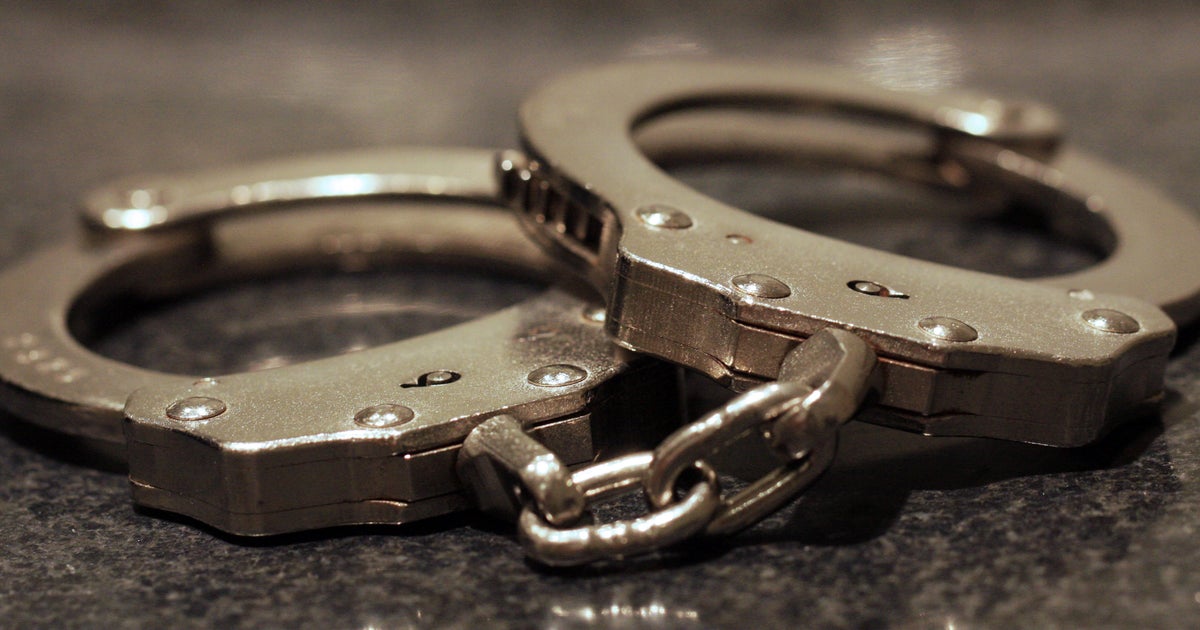Ex-Judge To Investigate Possible Cover-Up In Laquan McDonald Shooting
CHICAGO (CBS) -- A former Cook County judge has been appointed as a special prosecutor to investigate whether any Chicago police officers tried to cover up the circumstances of the fatal police shooting of 17-year-old Laquan McDonald.
Cook County Chief Criminal Court Judge Leroy Martin selected Patricia Brown Holmes, a retired judge and former federal and state prosecutor to look into whether any officers at the scene of the McDonald shooting lied in police reports to justify a white police officer's decision to shoot the black teenager 16 times in October 2014.
Holmes said leading the investigation is "a grave responsibility."
"This is something that I think is very important to the public; that we get it right, and that they have confidence in whatever the results might be," she said.
Podcast
Holmes was appointed trustee of Burr Oak Cemetery after a grave desecration scandal prompted the Cook County Sheriff's office to temporarily close the facility. Four people were charged with digging up more than 200 graves, dumping the bodies in unmarked mass graves, and reselling the plots.
"I took that responsibility very, very seriously; cleaned up the cemetery, did the right thing by everyone there, and I look at this as the same thing. It's not a matter of choosing sides, and then coming to a result; it's a matter of looking at every single piece of evidence, and making the right decision based on what that evidence is," Holmes said.
A separate special prosecutor already has been assigned to handle the prosecution of Officer Jason Van Dyke, who is charged with murder in McDonald's death, after Cook County State's Attorney Anita Alvarez recused herself from the case.
Holmes said it is too early to say whether she will convene a grand jury to review evidence of a possible cover-up by other officers.
"Many of us think we know what the evidence is, because we've heard this or heard that, but I would just say that everyone should be patient and allow the process to play itself out," she said. "You have to prove someone guilty, they don't have to prove they're innocent, and so I'm going into this with a clean slate, and just taking a look at everything, and then making a decision after I've seen all of the evidence."
Dashboard camera video of the shooting was released late last year, showing McDonald walking away from officers just before Van Dyke shot him, contradicting initial police accounts that he lunged at officers with a knife.
To date, Van Dyke has been the only police officer charged in the case, but sources have told CBS 2 as many as nine other officers could be disciplined or fired over the case. CBS 2's Suzanne Le Mignot reports Chicago Inspector General Joe Ferguson is wrapping up his investigation and could recommend as many as five patrolman, three detectives and a sergeant be suspended or lose their badges.
The officers could be suspended or fired for their role in the alleged cover-up, providing or approving accounts that differed from what was captured on a now widely seen dashboard camera video.
The release of the video of the shooting sparked a political firestorm, leading to a series of angry protests across the city, and the firing of Police Supt. Garry McCarthy.
Civil rights attorney Locke Bowman, who joined the McDonald family in requesting a special prosecutor to investigate the other officers at the scene of the shooting, applauded Holmes' appointment. He said he and other civil rights attorneys who made the request have "great regard, great respect, and great confidence" in Holmes.
"We hope and expect and believe that this is going to be a swift investigation. Justice has now been delayed for many months already, but it must also be dispassionate, it also must be deliberative, and it also must be fair, and it will take as long as it needs to take," he said.
Attorney G. Flint Taylor said he was especially pleased the special prosecutor is an African American woman.
"We're very pleased with the fact that Judge Martin picked someone from the African-American community, because this is such an important issue in that community, as well as to the whole community here in the city of Chicago," he said.



